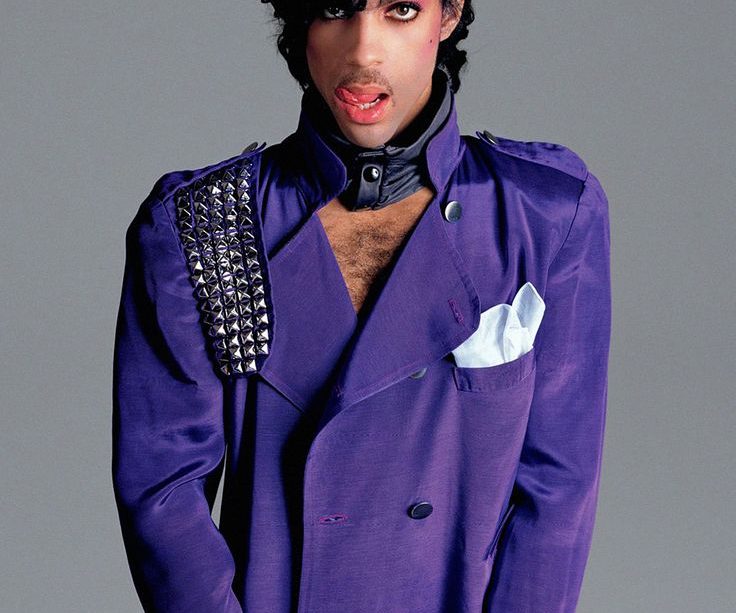The Lasting Influence of Prince on Music and Culture

Introduction
Prince Rogers Nelson, popularly known simply as Prince, is one of the most influential musicians of our time. His unique blend of rock, funk, pop, and R&B, along with his innovative approach to music production, has left an indelible mark on the music industry. Even after his untimely death in 2016, Prince’s influence continues to resonate with new generations of artists and fans alike, making an exploration of his legacy profoundly relevant in today’s cultural landscape.
Prince’s Innovation in Music
Prince was not just a singer; he was a prolific songwriter, multi-instrumentalist, and an impulsive innovator. His albums, including Purple Rain, 1999, and Sign o’ the Times, pushed the boundaries of music production and genre fusion. He was known for his unparalleled ability to blend various musical styles seamlessly, which attracted a broad audience base. With more than 100 million records sold worldwide, Prince’s commercial success is reflected in numerous awards, including seven Grammy Awards and an Academy Award for Best Original Song Score.
Impact on Modern Artists
The influence of Prince can be observed in the works of countless contemporary artists. Musicians such as Bruno Mars, The Weeknd, and Lizzo have cited him as a fundamental inspiration in their creative processes. His gender-nonconformity and exploration of sexuality in music paved the way for more open and diverse expressions of identity in the music industry today. During recent award shows, tributes to Prince have become a staple, showcasing the ongoing reverberations of his music and message.
The Cultural Significance of Prince
Beyond music, Prince’s artistry transcended into various cultural realms, including fashion and film. His flamboyant style and androgynous image challenged societal norms and made significant strides in the conversation around gender identity and acceptance. The 1984 film Purple Rain, which starred Prince, remains a cultural phenomenon, illustrating his ability to engage audiences through multiple mediums.
Conclusion
As music continues to evolve, Prince’s contributions remain a vital part of the conversation around creativity, innovation, and self-expression. His legacy serves not only as a testament to his talent but also as a source of inspiration and empowerment for current and future artists. In a world where the music landscape is increasingly diverse and inclusive, the significance of Prince’s work will continue to endure, encouraging a new generation to push boundaries and embrace their authentic selves.







